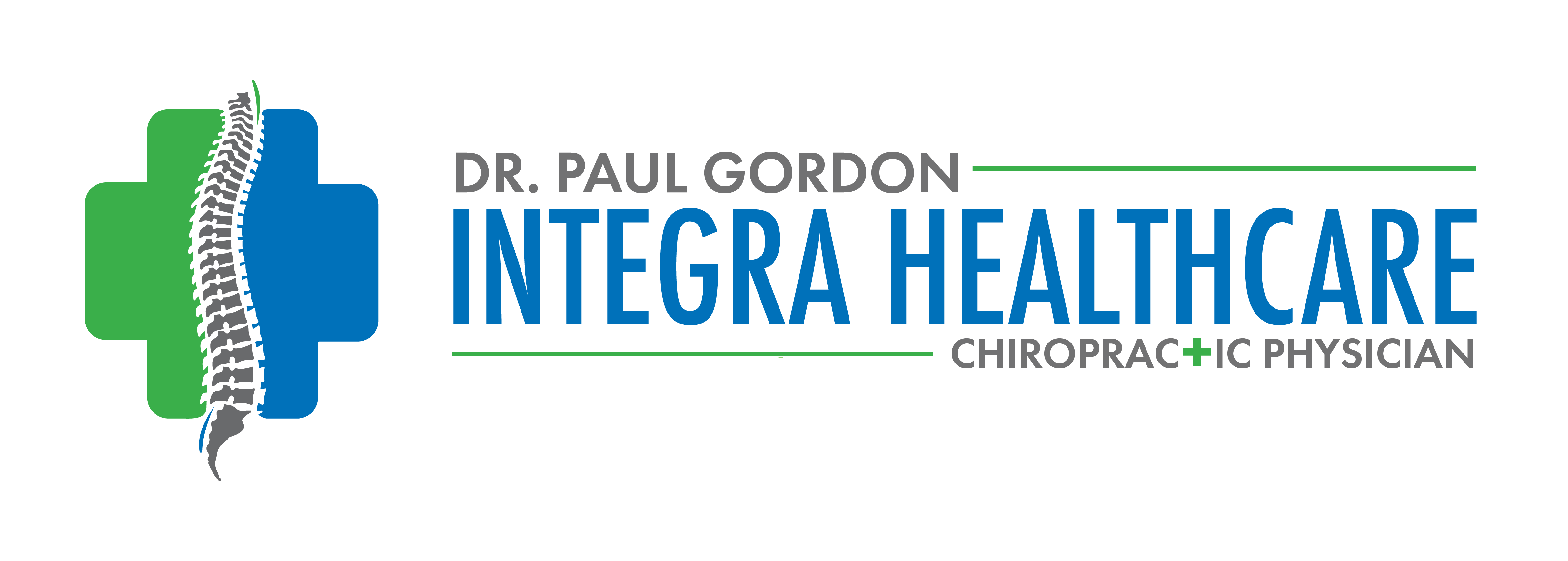The Benefits of Calcium
Most people already understand the importance of calcium in maintaining strong bones and teeth. In fact, our bones store 99  percent of the body’s calcium. However, did you know the remaining one percent is located in our blood and cells? This means calcium not only gives us strength, but also a wide range of health benefits. These benefits include facilitating steady heart rhythm, muscle contractions, wound healing, blood clot prevention and the transmission of messages between nerves and cells. In addition to helping prevent osteoporosis, calcium may also reduce the risk of acquiring several health issues. It decreases risk of colon cancer, high blood pressure, and PMS (bloating, food cravings, and mood swings) by 50 percent. It also protects against breast cancer.
percent of the body’s calcium. However, did you know the remaining one percent is located in our blood and cells? This means calcium not only gives us strength, but also a wide range of health benefits. These benefits include facilitating steady heart rhythm, muscle contractions, wound healing, blood clot prevention and the transmission of messages between nerves and cells. In addition to helping prevent osteoporosis, calcium may also reduce the risk of acquiring several health issues. It decreases risk of colon cancer, high blood pressure, and PMS (bloating, food cravings, and mood swings) by 50 percent. It also protects against breast cancer.
With the benefits of calcium ranging from strong bones to blood clot prevention, it’s therefore important to monitor the body’s daily calcium intake. Basically, doctors base their intake suggestions on age. The recommended daily intake of calcium for different groups is as follows:
Infants 0-6 months: 210 mg/day
Infants 7-12 months: 270 mg/day
Children 1-3 years: 700 mg/day
Children 4-8 years: 1,000 mg/day
Adolescents 9-18 years: 1,300 mg/day
Adults 19-50 years: 1,000 mg/day
Adults 51+ years : 1,200 mg/day
Without the proper amount of calcium, our bodies begin to lose the mineral altogether. Most signs of calcium deficiency don’t even appear until it has become a serious problem. The most common sign is increased bone fractures. Other signs include tingling or numbness of the fingers, an abnormal heart rhythm and convulsions. However, these cases are rare. Most people are able to meet their daily calcium requirement through their diets. Others may require diet recommendations.
Similar to the effects of calcium deficiency, too much calcium can cause health problems. These issues include higher risk of kidney stones, heart attack, stroke and hardening of the arteries.
Our bodies best absorb calcium when taken with a meal, along with vitamin D. Magnesium is also necessary for the proper integration of calcium into the bones, but it should be taken separately from when you take your calcium, as it (and iron) can interfere with calcium absorption. So take any magnesium and iron supplements at the opposite end of the day from when you take your calcium.
Foods highest in calcium include dairy products such as milk, cheese and yogurt, and dark green leafy vegetables such as kale, spinach, Swiss chard, mustard greens and bok choy. Other good sources of calcium are sardines, oysters, broccoli, almonds, Brussels sprouts and seaweed.

Leave a reply